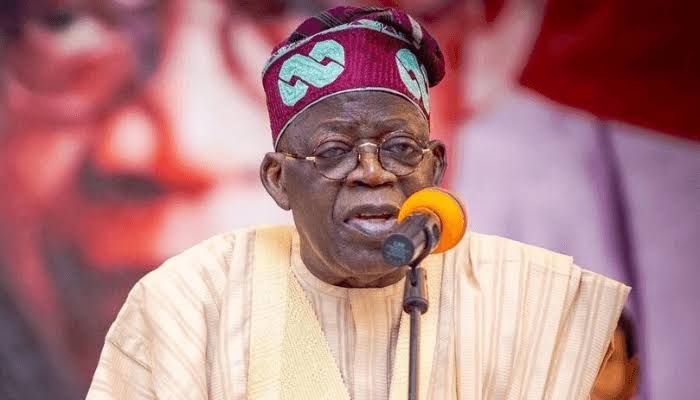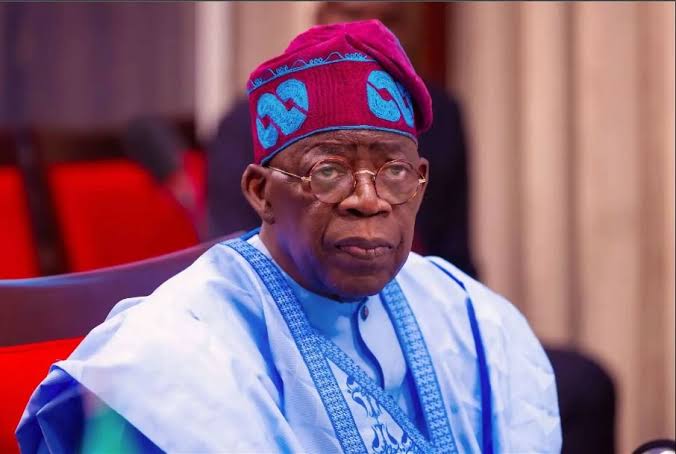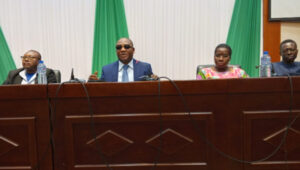Economic integration is crucial for Africa to establish a unified market; however, it alone cannot address the continent’s more profound issues. This was the central theme articulated by Togolese President Faure Gnassingbé during the Dialogues on Prosperity in Africa (APD 2025), which took place on February 1, 2025, in Accra, Ghana.
As a prominent supporter of the Single Market for Air Transport in Africa (MUTAA) since 2018, President Gnassingbé presented a three-pronged strategy aimed at enhancing Africa’s economic strength and independence.
Beyond Trade
Gnassingbé emphasized that regional integration should serve as a tool to bolster Africa’s resilience against external shocks and promote self-sufficiency. He highlighted that establishing a common market should extend beyond merely facilitating trade. It must be accompanied by a balanced framework that ensures equitable profit distribution among all economic participants while addressing the significant disparities that exist among African nations.
“Economic integration by itself will not resolve Africa’s structural challenges, such as economic inequality or geographical imbalances,” the Togolese leader remarked. He pointed out that these disparities must be incorporated into regional development initiatives.
To ensure the success of integration, Gnassingbé advocates for practical solutions that take these differences into account and offer support to less robust economies. “The goal is not solely to liberalize trade but to create a sovereign economic ecosystem,” he stated.
Infrastructure Is Key to Reducing Inequalities
Improved infrastructure—encompassing roads, ports, railways, and digital networks—is essential for effective economic integration and for bridging inequalities, according to Togo’s president. He called for significant investments in cross-border infrastructure to connect rural and landlocked regions with major economic centers, thereby facilitating the flow of goods, services, and capital throughout the continent.
President Gnassingbé also advocated for the establishment of economic corridors linking industrial and agricultural areas, along with the simplification of customs procedures.The African Continental Free Trade Area (AfCFTA) appears to be well-suited for coordinating these initiatives and enhancing the economic unity of the continent.









